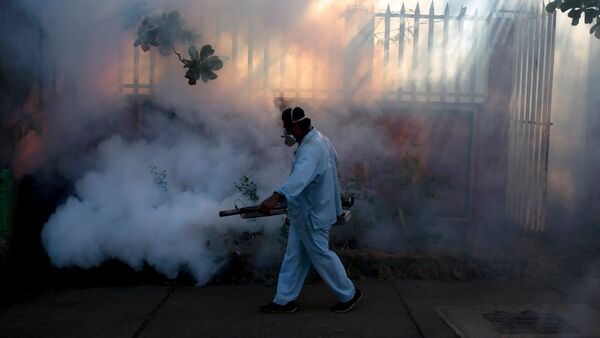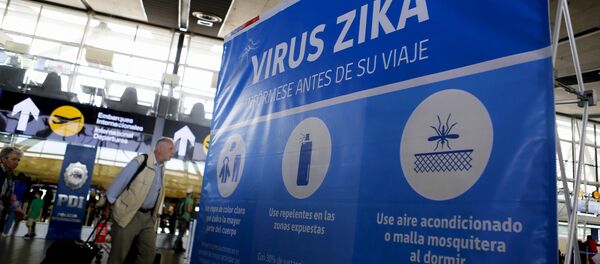The US Centers for Disease Controls and Prevention (CDC) published a letter from Public Health England in which the British scientists outlined a case of a 68-year-old man who had contracted Zika in French Polynesia in 2014. The virus was still present in his semen two months after the beginning of the disease’s symptoms.
"Although we did not culture infectious virus from semen, our data may indicate prolonged presence of virus in semen, which in turn could indicate a prolonged potential for sexual transmission of this flavivirus," the scientists wrote.
The current Zika outbreak originated in Brazil in the spring of 2015, spread across Latin America and gained widespread media attention as confirmations of first cases emerged in Europe and the United States in recent weeks.
The World Health Organization (WHO) declared the outbreak a public health emergency last week after the virus spread across dozens of countries and first cases of Zika’s sexual transmission emerged.






